Film — Not in Our Name
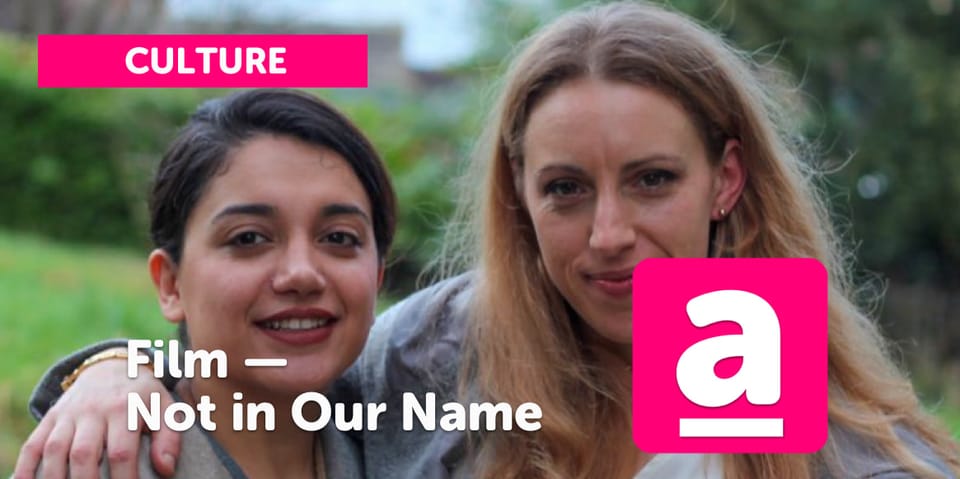
Stroud-based filmmaker Sohrab Kavir is interviewed by Robin Layfield about the film that he is currently making.
NOT IN OUR NAME IS A carefully considered answer to the question: how do you describe the human cost of the war in Gaza in a way that can relate to the experiences of people two thousand miles away?
Not in Our Name is a very deliberate retelling of the sometimes problematic biblical story of Abraham, Sarah and Hagar, which resonates across Christian, Jewish and Muslim faiths. The film centers on a 19th Century painting “The March of Abraham” that hangs on the living room wall of the family home in Stroud.
Set against the serene backdrop of the Cotswolds, 'Not In Our Name' explores the tumultuous life of Hajar, a Palestinian expatriate living with her mixed heritage family.
Their delicate balance is shattered with the arrival of Sara, Abraham’s half-sister from Israel. A fervent Zionist escaping a violent marriage and recent Hamas attacks, Sara's presence brings the distant geopolitical strife right to their doorstep.

“I've been here in the UK. I'm originally from Iran, was born in the Shiite holy city of Mashhad in Iran, and came to the UK just over 20 years ago to study filmmaking. I made many documentaries, and then went to London Film School, where I completed a Masters in Filmmaking.
“Not in Our Name is my first feature length film. I've made a lot of short films, I've made feature documentaries but this is my first feature length drama.”
“I was asked to make a documentary about Persian Jews and the fact that the majority of Persian Iranians don't have any problem with the State of Israel. There are a lot of Jews in Iran.
“I was involved in this project for over a year, I did a lot of research on the subject of Jews, Persian Jews, the roots of Jews and Judaism and the history of Palestine area, everything pretty much. And then October 7 happened and I was devastated. I was thinking "What's gonna come next? I hope they exchange the prisoners with the hostages and get the hostages back and this finishes.”
“What did it for me was this — I'm a father of two small kids, one is nearly two and the other is three and a half.
“There has been so much video shown of what's happening out there in Gaza on social media especially. One image really struck me.
“I saw a picture of a man — there's been a building collapsed — he's covered in dust, his children are covered in dust and he's just trying to get them away from the collapsed building.
“He looks like he just managed to pull his children out. Like not in a horrified state but they are alive.
“And that did it to me - it's not justified, killing civilians and saying that soldiers are hiding behind them. This is inhuman.
“I dropped that project, you know, I said okay, time has arrived. I have to be very true to who I am and what I believe. And this is wrong by any standard.
“I don't believe in political borders to be honest. I'm not a religious person. And I don't believe in anything that divides people.
“There was once a Middle East without borders, then all of a sudden the British had drawn lines in the sand to divide and conquer the land.
“So I personally believe in a world, especially in the Middle East where there are no borders and people are people. Jews, Arabs, Jewish Arabs, living with Muslims and Christians as they have been living for thousands of years.
“The idea of, you know, conquering a place by overtaking it and putting your flag in it is so childish. I want to see people coming together and recognising their shared humanity and the shared heritage, their shared genetic pool.
“The story is based on a historical / biblical story. There is a painting from József Molnar hanging up the living room. It's called ‘the March of Abraham.’ So we see Abraham holding the hands of his two sons Isaac and Ishmael. And Sarah and Hagar are on the camels with their kids, moving from Ur to the Land of Canaan, which God promised to Abraham.”

“So the film is a modern depiction of that painting and what was happening at that time. Part of this film involves the three main characters from different faith perspectives exploring what the painting means to them within their traditions.
“In this film we've got Abraham, who is a half-Palestinian, half-Jewish man, living in the UK with his Palestinian wife, Hajar, in Stroud with his two kids. He's got a half-sister, Sara, who's mother has left it to Abraham to look after and this woman is a committed Zionist, she's married to an IDF commander and has a child.
“After October 7, Sara decides that she doesn't feel safe in Israel any more and flies out to stay with her half-brother Abraham at very short notice.
“Sara arrives at the house and immediately the dynamic of the house changes. So suddenly we have a fully Zionist woman, right wing, and a Palestinian woman in one household and the Palestinian woman makes it very very clear that Sara isn't welcome there, right from the get-go.
“This is a representation: the house is Palestine and the women are Hagar and Sara and there is conflict over who is going to take over the house. Something dreadful happens that pushes the two women's relationship closer and this starts to take them to a different place in their understanding of each other.
“They start to become aware of each other's weaknesses, humanity and they become fond of each other. They realise that they are two mothers who are worried for their children and this leads to the transformation of both characters.
“The emotional core of the film is that two women from opposing sides of the war, find common ground and become aware of each other's needs and essential humanity.”
“We ran a fundraiser on JustGiving and we managed to raise around £2000. That, together with some savings I had meant that we could shoot a proof-of-concept video to demonstrate that we have a professional team working on the film and that we have a good story and a cast that act well, that I can direct and we can edit.
“This became the trailer you can view on our Kickstarter page.
“Now that we have the proof of concept done we are trying to finance the complete production.”
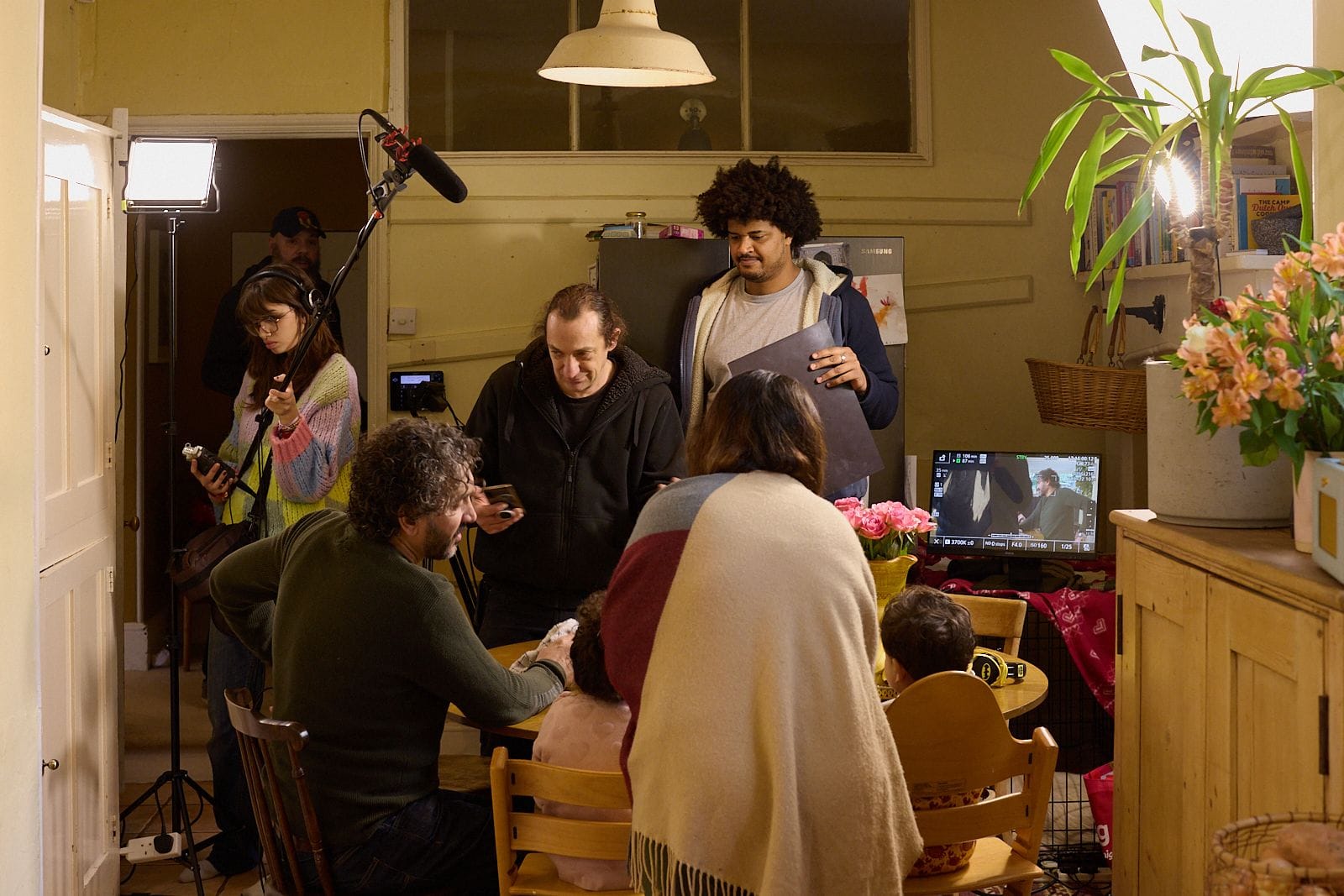
“I have very close connections within all three religions and I have been studying the subject for years. All the way you know, going back 8,000 years to before Abraham, even before Palestinians came to the Gaza strip.
“I have friends and loves in all three faiths, yet I don't really feel I belong to any of them. So I'm in the middle. By making this film, we might actually be able to bring people together by telling this story in a different way.”
“Mainly finances because at the moment we don't have enough money to bring professional actors to Not in Our Name.
“For the proof-of-concept, I acted the part of Abraham and my wife is playing the role of Hajar, the Palestinian wife, with another friend Bridget playing the role of Jewish half-sister Sara.
“If our fundraiser is successful then we can bring professional actors in that will reflect that and they can bring their followers to watch the film and make it more appealing to a wider audience.”
“We have Dr. Anissa, Palestinian museum curater. He's involved with the project, giving us advice about the subject matter and a number of our close Jewish friends are involved too.
“Everything has to be spot on and speak to people of all faiths and beliefs — and we want the film to be appealing and not just something that the director is so desperate to say.
“My wife has been the producer. I've been the director and camera operator. Everyone has volunteered — even our children have been involved — and we've just used the funds raised for things that we absolutely have to pay for, things we couldn't avoid.
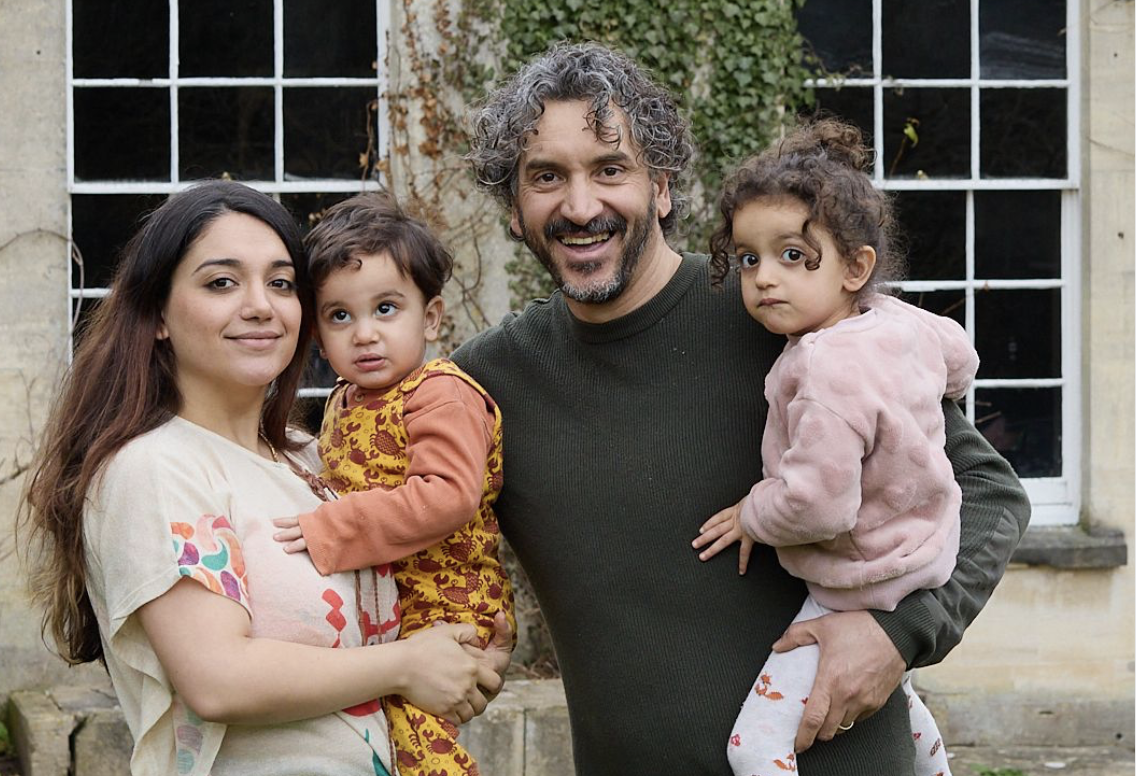
“We've got the film to this level but we want to take it much further and make a compelling feature film that could go to Cannes and other major festivals – and hopefully next year be screened in Stroud too.”
Sohrab's Kickstarter fundraiser runs until Saturday July 6 and still has a little way to go. If you would like to help support this important film please click the button below.
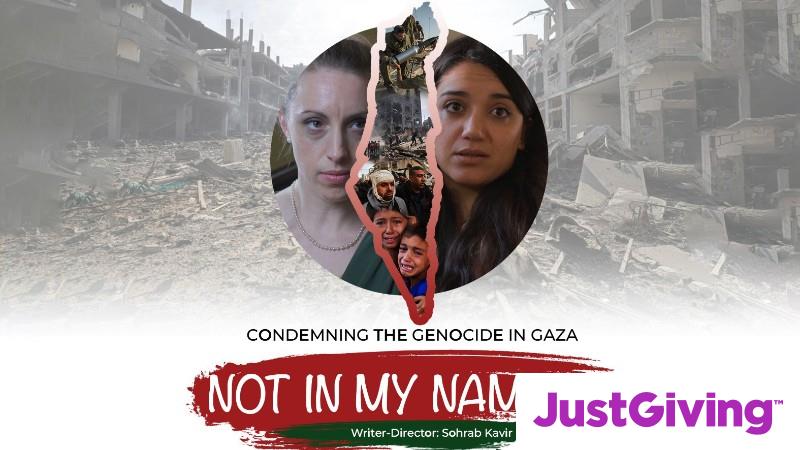
JustGiving Fundraiser for the film: Not in Our Name
You can find out more about Sohrab Kavir here:


Amplify Stroud is supported by Dialect rural writers collective. Dialect offers mentorship, encouragement and self-study courses around Rediscovering Albion and Human=Nature as well as publishing.
You can find out more at https://www.dialect.org.uk/



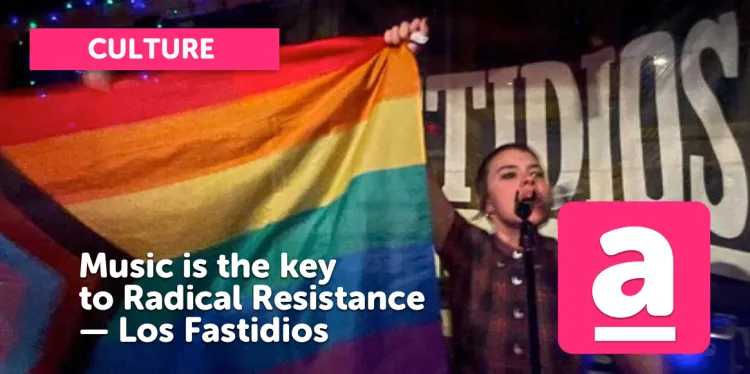
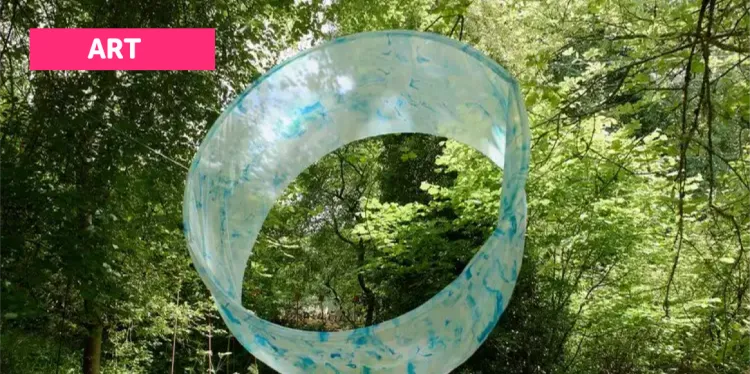
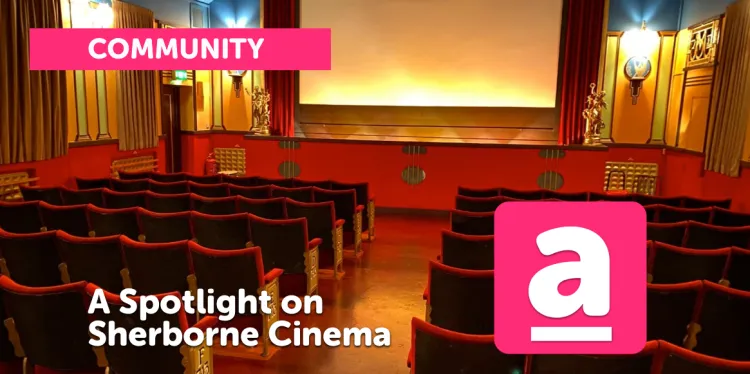
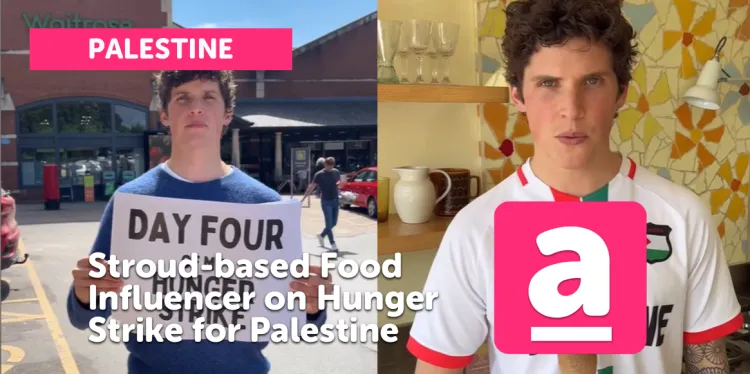
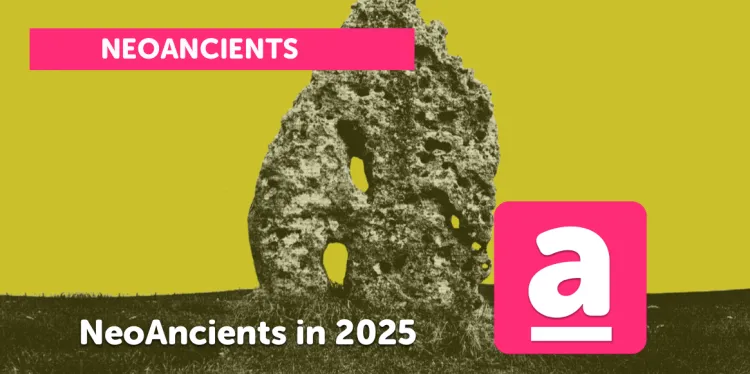
Member discussion